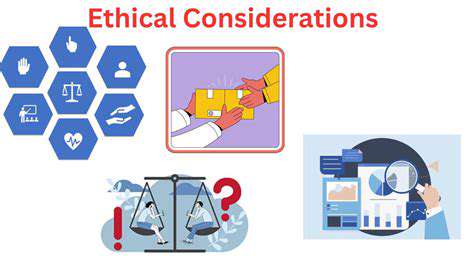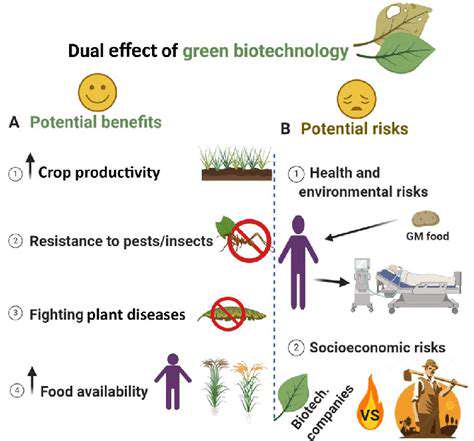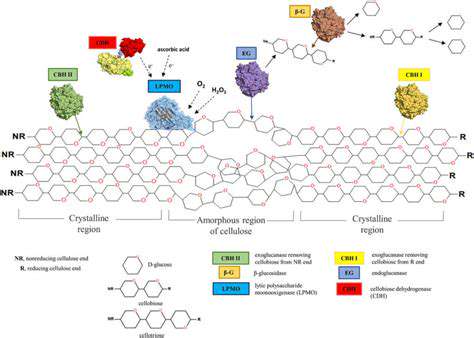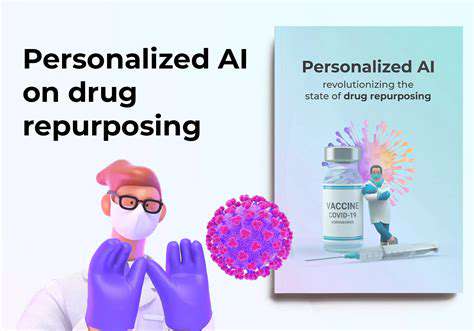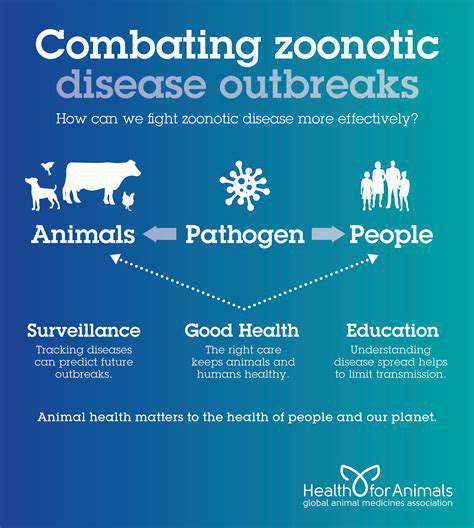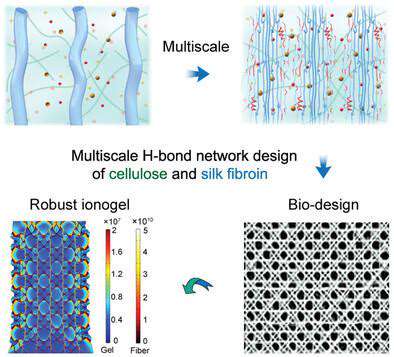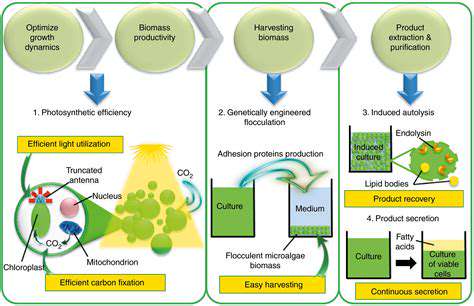
Preclinical Studies: A Crucial Foundation
Preclinical research, conducted in laboratory settings using animal models or cell cultures, serves as a vital first step in drug development. This crucial phase allows scientists to evaluate the potential benefits and risks of a new treatment before moving to human trials. Thorough preclinical testing is essential to identify promising candidates and to minimize the risks associated with bringing potentially harmful substances into human clinical trials. It often involves a series of experiments designed to assess the safety, efficacy, and pharmacokinetic properties of a drug or treatment.
These studies provide valuable insights into the mechanisms of action, the potential side effects, and the optimal dosage regimens for a given treatment. This preliminary data is critical in shaping the design of subsequent clinical trials, ultimately leading to a more efficient and effective drug development process. By identifying potential problems early on, preclinical research helps prevent costly and time-consuming setbacks later in development.
Animal Models and Cell Cultures: Simulating Human Responses
Animal models, such as mice, rats, and non-human primates, play a significant role in preclinical research. These models are carefully selected to mimic specific aspects of human diseases, allowing researchers to test the effects of new treatments in a controlled environment. Such models provide crucial insights into the potential for adverse effects and the effectiveness of a treatment. While animal models are invaluable, it's important to acknowledge the limitations of extrapolating results directly to humans, as there can be significant differences in physiological responses and disease progression between animal and human systems.
Cell cultures, comprised of isolated cells grown in a laboratory setting, provide another crucial tool in preclinical research. They allow researchers to examine the effects of a treatment at a cellular level, providing a more controlled environment for studying specific mechanisms of action. The use of cell cultures allows for a more focused examination of how a treatment interacts with individual cells, contributing to a deeper understanding of the underlying biology. This information is vital for understanding the molecular pathways involved in the treatment's actions and for identifying potential targets for drug development.
Key Considerations in Preclinical Research
Several critical factors must be considered throughout the preclinical research phase. These include the selection of appropriate animal models and the standardization of experimental procedures to ensure reproducibility and reliability of results. Ethical considerations regarding animal welfare and the humane treatment of animals are paramount and must be rigorously adhered to.
The quality and rigor of data analysis are equally crucial. Statistical methods must be employed to assess the significance of findings and to draw appropriate conclusions. Furthermore, the transparency and reproducibility of the research process are essential for building trust and ensuring the validity of the results. These considerations collectively contribute to the reliability and trustworthiness of the preclinical findings, enabling informed decision-making in subsequent stages of drug development.
Data interpretation and reporting are essential components of preclinical research. The ability to draw accurate conclusions from the data generated, and communicate this information effectively, is paramount. Clear and concise reporting, adhering to established scientific standards, facilitates the review and evaluation of research by other scientists, and ensures the integrity of the scientific process.
Phase 1 Trials: Assessing Safety and Tolerability in Humans
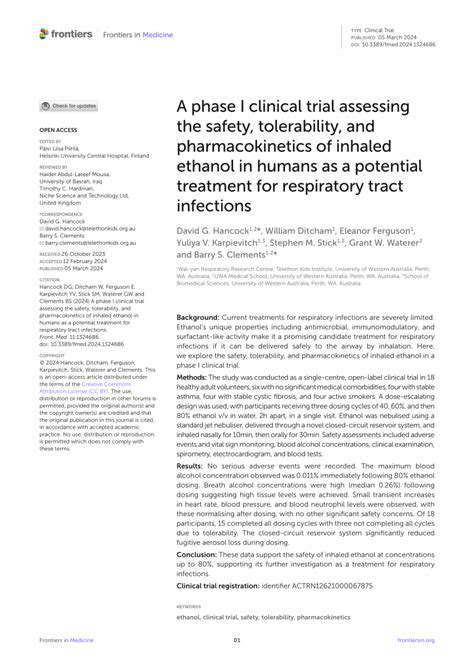
Phase 1 Trials: Initial Safety Evaluation
Phase 1 clinical trials are the first step in evaluating a new drug or treatment. These trials primarily focus on determining the safety of the intervention, and understanding how the body processes it. Researchers carefully monitor participants for any adverse effects, from mild discomfort to serious complications. This crucial information helps determine appropriate dosages and potential risks before moving to larger-scale trials.
Participant Selection and Enrollment
Participants in Phase 1 trials are typically healthy volunteers, though some trials might involve patients with a specific disease. The selection process is rigorous, ensuring that participants meet specific criteria and understand the risks and benefits of participating. Enrollment is often a gradual process, with careful monitoring to ensure the safety of each individual.
Dosage and Administration
Researchers carefully design the study to determine the appropriate dosage and administration method for the new treatment. This involves a series of escalating doses, starting with very low levels and gradually increasing them. Monitoring participants for any adverse events is critical throughout this process. The goal is to identify the maximum tolerated dose (MTD) - the highest dose that can be given without causing significant side effects.
Safety Monitoring and Data Collection
Comprehensive safety monitoring is paramount in Phase 1 trials. Researchers meticulously record any side effects, adverse reactions, and changes in vital signs. This data is carefully analyzed to assess the safety profile of the treatment. Data collection is crucial for determining the potential risks and benefits associated with the treatment. This information will be pivotal for later-stage trials.
Data Analysis and Interpretation
The collected data from Phase 1 trials is analyzed to determine the safety of the treatment at different dosage levels. This analysis helps to identify potential adverse effects and allows researchers to refine the study design for subsequent phases. The results will inform decisions about whether to proceed to Phase 2 trials or if further research is necessary. The data analysis process is intricate and rigorous.
Ethical Considerations in Phase 1 Trials
Ethical considerations are central to Phase 1 trials. Researchers must ensure that participants are fully informed about the risks and benefits of participating. Informed consent is a critical component, ensuring that participants understand and agree to the study protocol. Independent review boards (IRBs) play a crucial role in overseeing the trial and ensuring participant safety and well-being throughout the study.
Importance of Phase 1 Trials in Drug Development
Phase 1 trials are foundational to drug development. They pave the way for subsequent phases by establishing the safety profile of the new treatment. The information gleaned from these trials is critical for determining the feasibility of further research and ultimately, the potential for the treatment to benefit patients with the targeted condition. These trials are essential stepping stones on the path to bringing new medical breakthroughs to patients.
The cultivation process begins with isolating and proliferating the desired cells, typically stem cells or specialized cells from animal tissue. This initial step is crucial, as the quality and quantity of the starting material directly influence the subsequent stages of growth and differentiation. Careful handling and optimized growth media are paramount to ensure the cells remain healthy and maintain their genetic integrity throughout the process. This initial stage involves a series of controlled experiments designed to maximize cell growth and minimize contamination.
